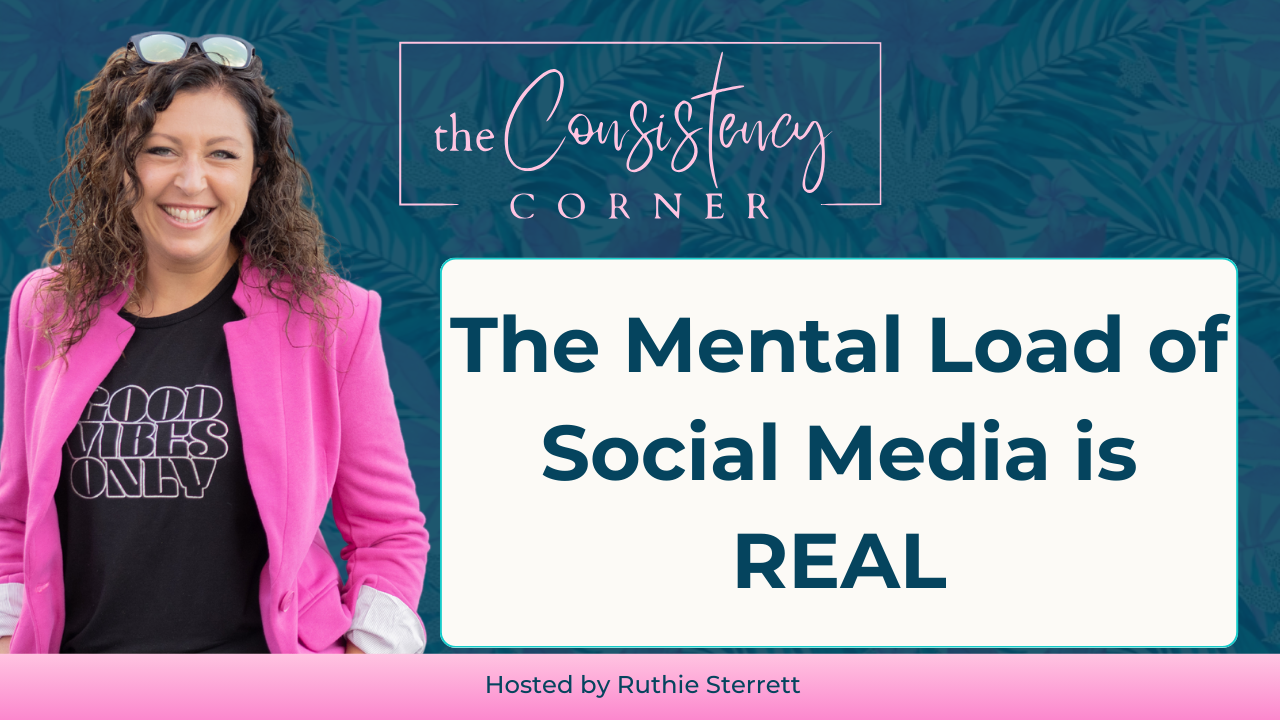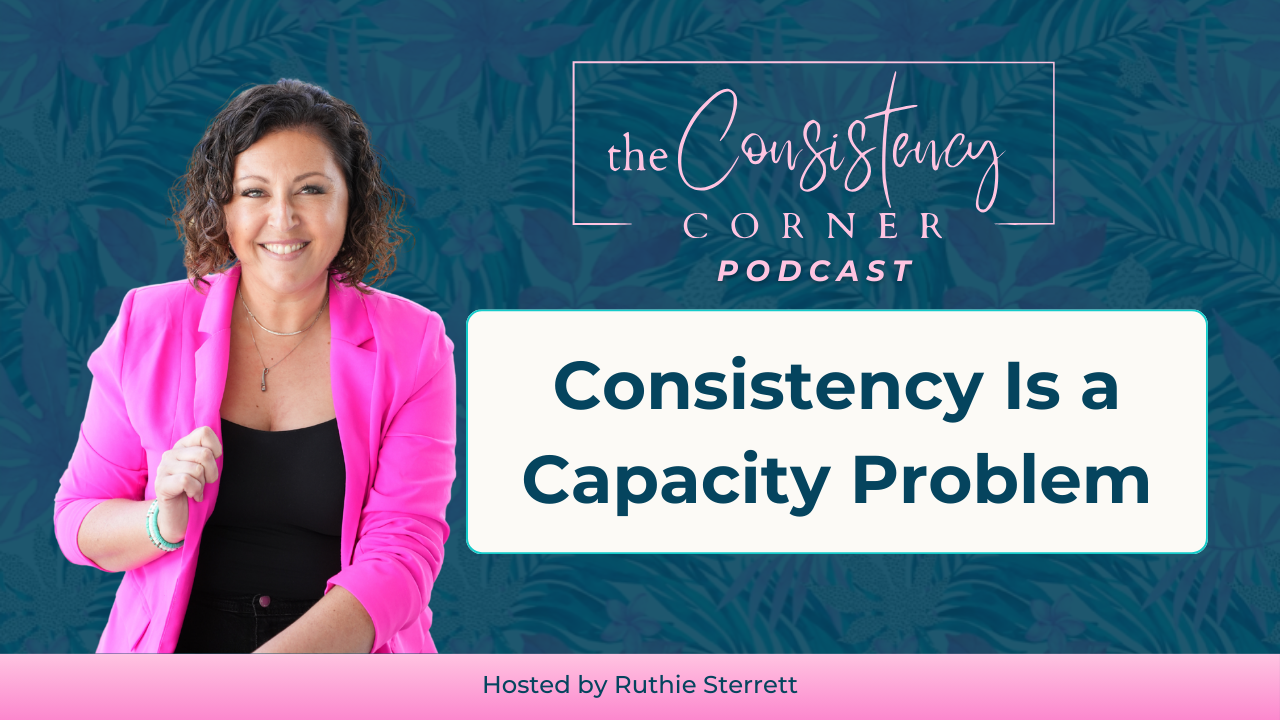Unpacking the Mental Load of Social Media for Women Entrepreneurs

Unpacking the Mental Load of Social Media for Women Entrepreneurs
For many women leading purpose-driven businesses, social media has become a non-negotiable part of brand visibility and growth. But what’s often overlooked is the mental load that comes with showing up online consistently—not just as a business, but as a voice, a leader, and a relatable presence.
While traditional marketing may involve scheduled campaigns or long-form content, social media requires daily decisions, constant monitoring, and a level of personal vulnerability that can leave even the most capable founder feeling depleted. If you’ve ever ended your workday wondering why you’re mentally fried—even if your to-do list didn’t seem “that bad”—this invisible burden could be the reason.
What Is the Mental Load of Social Media?
The mental load refers to the cognitive effort required to keep track of everything—especially the things that aren’t written down. When applied to social media, it’s the never-ending internal dialogue:
-
What should I post today?
-
Is this on-brand?
-
Will this resonate with my audience?
-
Should I respond to that comment now or later?
-
Do I need to update my stories?
This mental chatter doesn’t stop when the workday ends. It lingers while cooking dinner, putting the kids to bed, or trying to decompress. It’s always “one more thing” in a brain that’s already juggling business decisions, client needs, and family logistics.
Why It Hits Mom-Founded Brands Hardest
For women founders—especially those running brands that serve moms—the weight of this invisible work is even heavier. Many are the default parent, handling the bulk of home and family management alongside their CEO responsibilities.
Social media adds another layer of responsibility that never really shuts off. You’re not only creating content; you’re absorbing feedback, comparing performance, managing trends, and constantly adapting. It’s the mental equivalent of spinning plates on a tightrope.
And because social media is so integrated with our personal identities, there’s an emotional toll, too: fear of judgment, fear of not doing enough, fear of being misunderstood.
The Subtle Signs of Burnout
You may not realize it, but the mental load of social media often manifests as:
-
Creative fatigue — Struggling to come up with ideas or feeling uninspired
-
Decision fatigue — Feeling paralyzed by small choices, like which caption to use
-
Guilt — For not engaging enough, posting enough, or being “strategic” enough
-
Imposter syndrome — Questioning your value based on how your content performs
-
Avoidance — Procrastinating content tasks, even though you know they matter
This isn’t just inefficiency—it’s emotional labor. And over time, it drains your energy, dims your creativity, and makes it harder to show up in your zone of genius.
Shifting to a Healthier Relationship With Social
You don’t have to delete your accounts or disappear from your audience. The goal isn’t to quit social media—it’s to reclaim your boundaries and use the platforms with purpose, not pressure.
Here’s how to lighten the mental load:
1. Give Every Post a Job
Not everything has to “go viral.” Define the purpose of each piece of content—whether it’s connection, education, discovery, or conversion. This clarity reduces decision fatigue and gives you a framework for what to post (and why).
2. Build a Repeatable Content Strategy
Remove the guesswork by using pillars, templates, and scheduling tools. Instead of starting from scratch every day, build a library of reusable ideas and formats that align with your brand voice and goals.
3. Detach Self-Worth from Metrics
Analytics are valuable, but they shouldn’t determine your value as a founder or thought leader. Focus on meaningful engagement—DMs, shares, conversations—not just likes and views.
4. Delegate with Intention
If you’re at capacity, it might be time to outsource. Look for support that understands your brand voice and audience so you’re not micromanaging—and so you can stay focused on the work only you can do.
5. Let Done Be Better Than Perfect
Perfectionism is a silent energy thief. Publish the good post. Share the honest story. Show up in your imperfect, human brilliance. That’s what builds trust and connection.
You’re Not Imagining It—This Work Is Heavy
If you’ve been wondering why marketing your business on social media feels so overwhelming, know that it’s not just about time management. It’s about mental management. And the more you acknowledge and name the load, the more power you have to do something about it.
You are not failing. You’re just carrying more than anyone can see.




